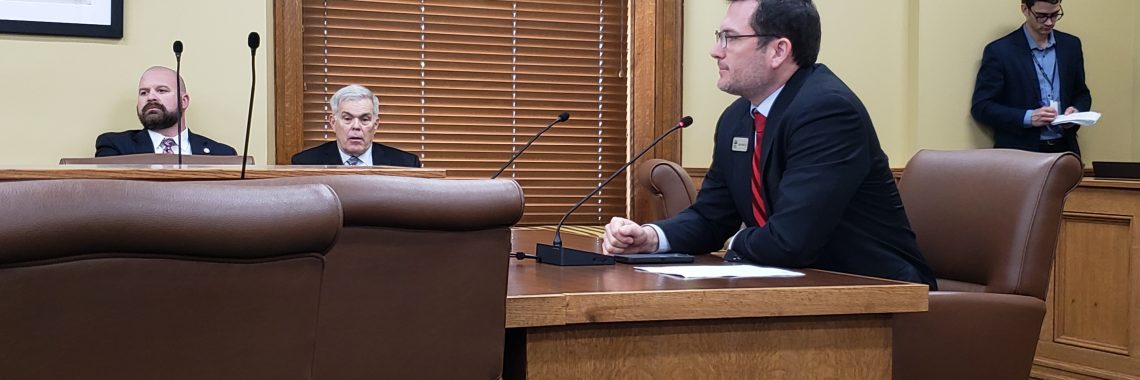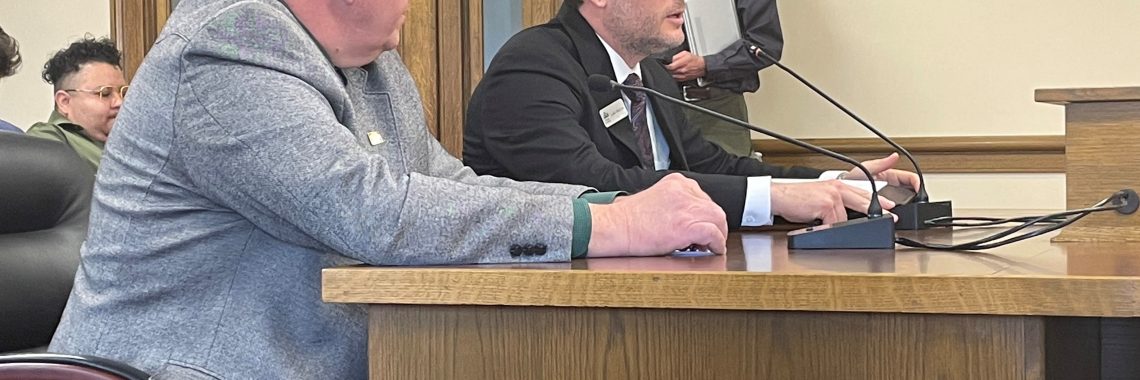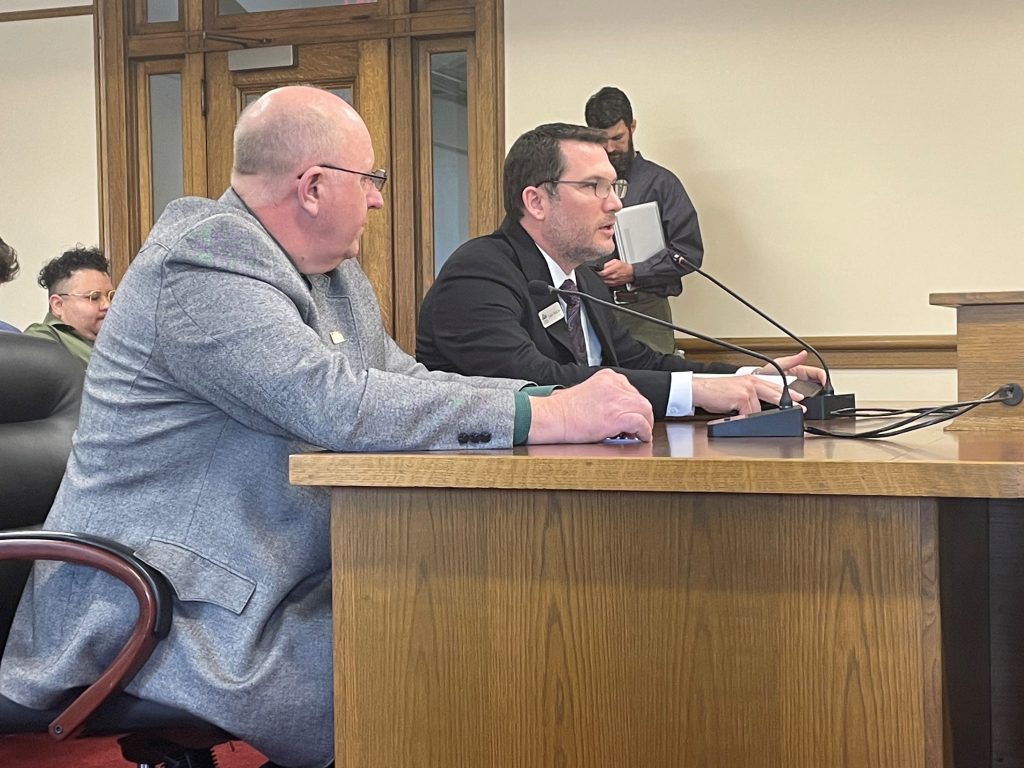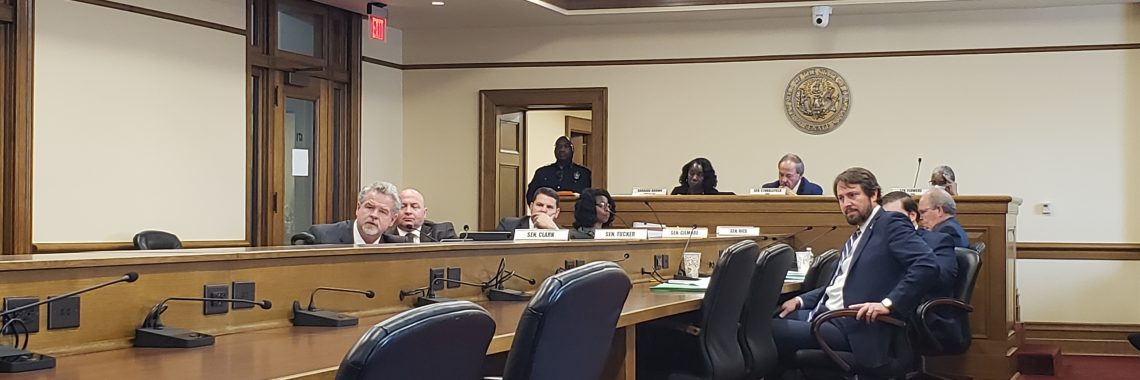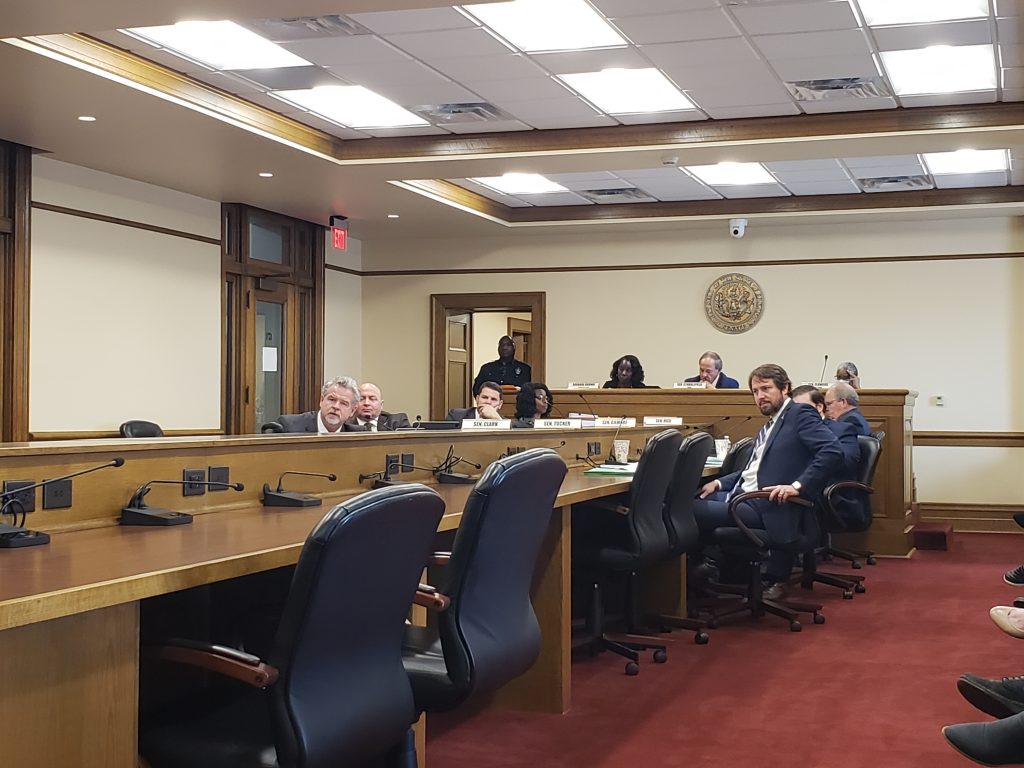House Committee Fails to Pass Bill That Would Address Obscenity at Libraries
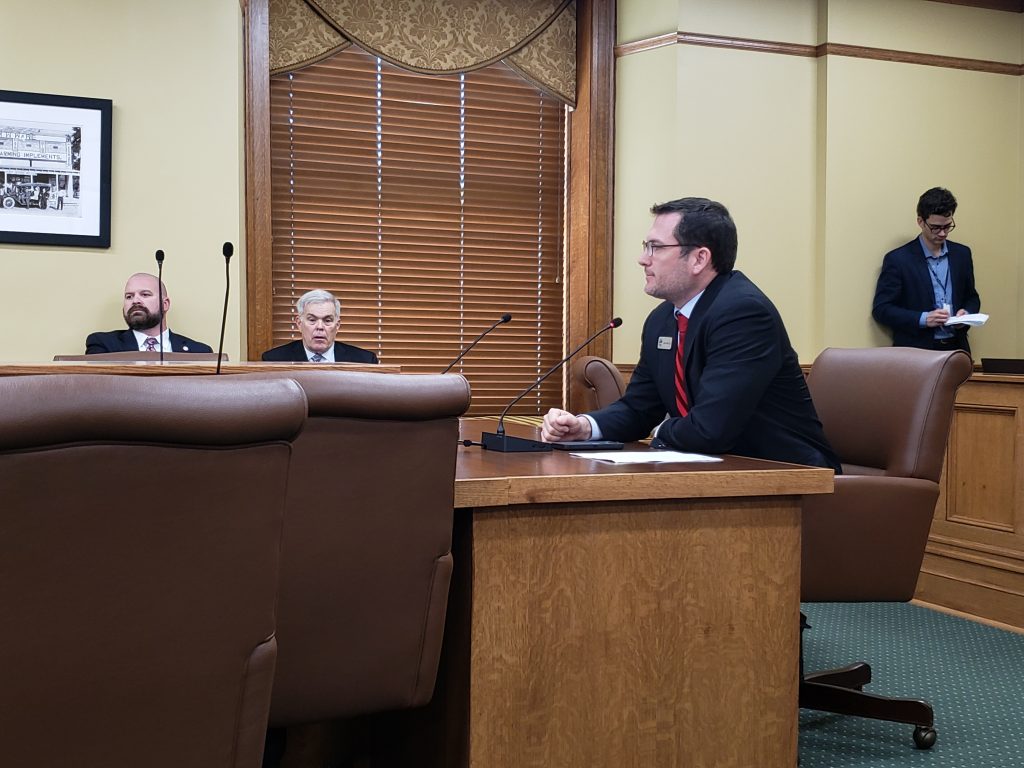
On Tuesday the House Judiciary Committee failed to pass a measure that would address obscene material in libraries across Arkansas.
S.B. 81 by Sen. Dan Sullivan (R – Russellville) and Rep. Justin Gonzales (R – Okolona) prohibits giving or sending harmful sexual material to a child.
The bill eliminates exemptions for libraries and schools in the state’s obscenity statute, and it clarifies how library patrons can work to remove objectionable material from a library’s catalog.
As we have written before, the Jonesboro public library has been at the center of multiple controversies over its decision to place books with sexually-explicit images in its children’s section and for failing to adopt a policy that separates sexual material from children’s content.
The library in Jonesboro went so far as to post on Facebook that it isn’t the library’s responsibility to protect kids from obscenity.
Other public libraries in Arkansas have failed to separate sexual material from children’s material as well.
More and more, Family Council is hearing from people who are deeply troubled by the obscene children’s books that librarians have placed on the shelves of their local libraries.
Some of the people who have testified publicly against S.B. 81 this year have signaled that they want to be free to share obscene material with children at a library.
S.B. 81 is a good bill that would help prevent that.
Unfortunately, the bill failed to pass on a voice vote at Tuesday morning’s House Judiciary Committee meeting, but it could come back up later in the session.
Articles appearing on this website are written with the aid of Family Council’s researchers and writers.

